

"The fast-growing figure is definitely a sign of the development of intellectual property in China," Mao said.
"But our patents on the international stage mainly focus on information and communication technology. In comparison, the US is competitive in all fields. We still have a long way to go."
Wang Jianguo, intellectual property director of Haier, a Fortune 500 household appliances manufacturer, said many Chinese enterprises haven't paid enough attention to intellectual property and so lack top talent to take care of the work.
In recent years, the government has taken the initiative in the fight against IPR infringements.
All government departments at central and provincial levels are now using licensed software. Authorities at county level and above will do so by the end of the year, according to the National Administration of Copyright.
Operating systems and software worth 1 billion yuan ($163 million) have been installed since 2010.
A recent study by the Business Software Alliance, an industry group of software vendors, shows that a 1 percent increase in the use of licensed software would generate an estimated $4.4 billion gain to China's gross domestic product, compared with $2.2 billion from using pirated software.
Wang Xiaoyan, director of BSA China, said, "Government, law enforcement and industry in China should take every opportunity to reap these potential gains by reducing piracy and promoting the use of properly licensed software."
The gross income of China's software sector topped 1.8 trillion yuan in 2011, accounting for about 15 percent of the global market. In the second quarter of 2011, China surpassed the United States for the first time as the world's biggest personal computer market.
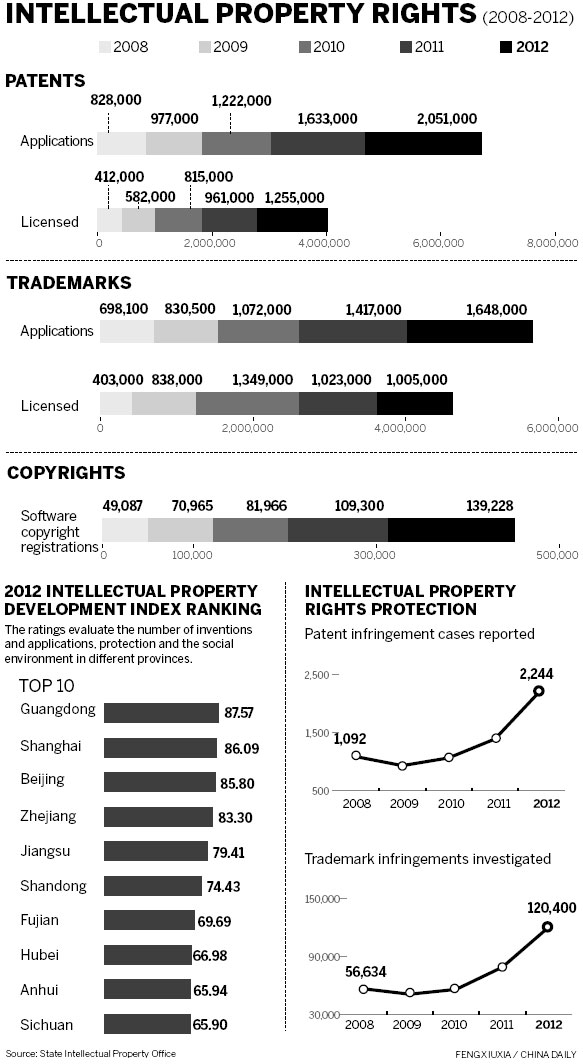
 Live streaming boosts zongzi sales
Live streaming boosts zongzi sales
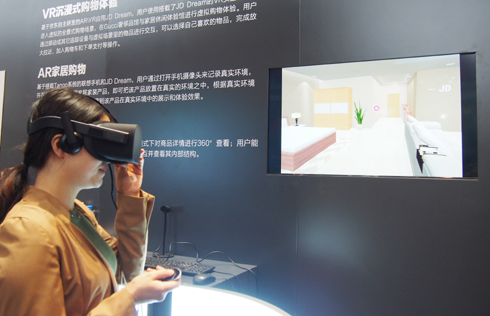 Big Data Expo opens
Big Data Expo opens
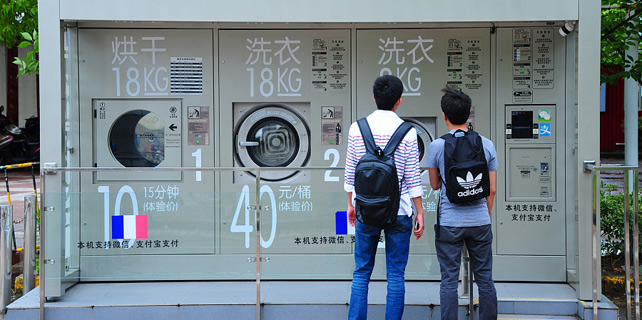 Smart sharing washing machines available in Shanghai
Smart sharing washing machines available in Shanghai
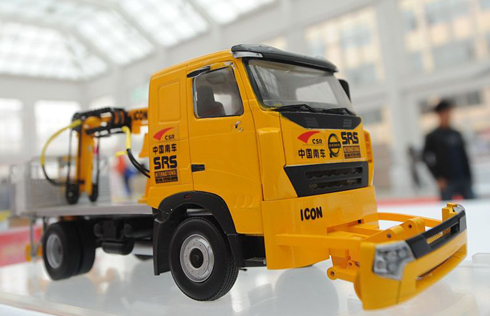 Innovative designs highlight industrial design week
Innovative designs highlight industrial design week
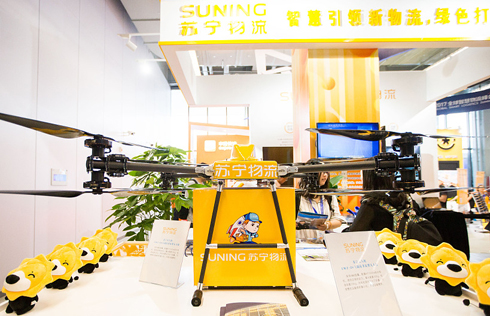 Smart tech to shake up delivery industry
Smart tech to shake up delivery industry
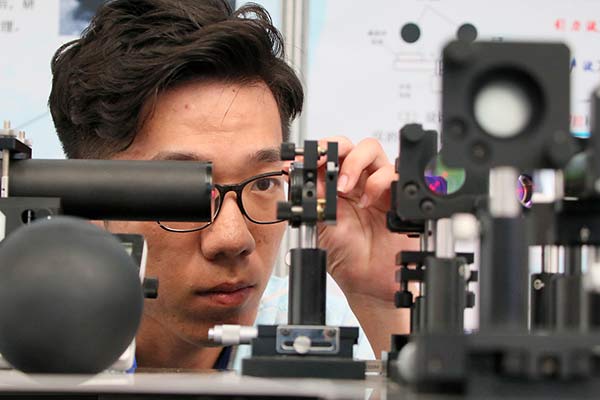 Chinese youths showcase innovative talents at tech competition
Chinese youths showcase innovative talents at tech competition
 Butterfly wings to inspire new solar power technology
Butterfly wings to inspire new solar power technology
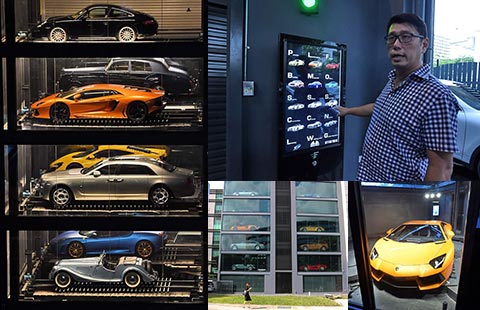 Singapore dealership sells luxury cars in 15-floor vending machine
Singapore dealership sells luxury cars in 15-floor vending machine